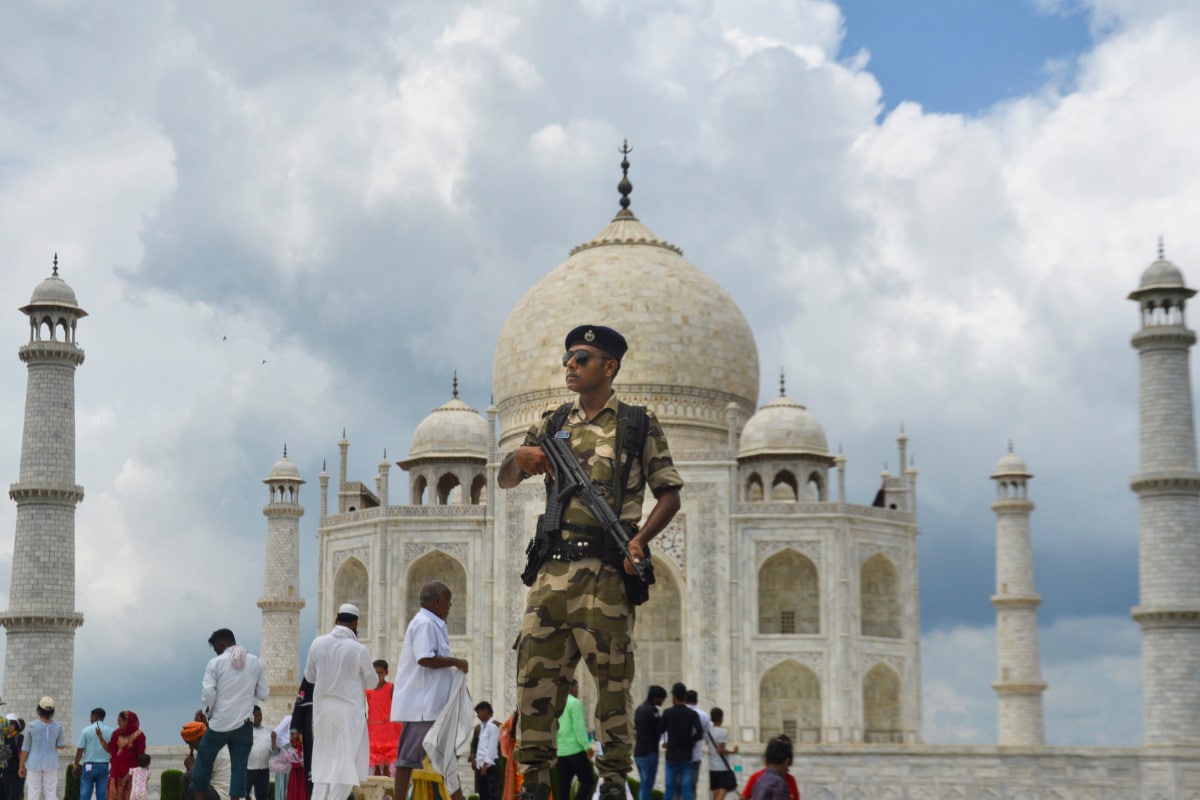According to sources in the CISF, which secures the maximum number of sensitive installations, plans are underway to send a proposal to the Ministry of Home Affairs so that a review can be initiated. Officials say this has been the longest duration without a review
There has been no review by the Intelligence Bureau of the category of sensitive installations, including all key government buildings, ministry buildings, nuclear plants, airports, monuments etc since 2019, News18 has learnt.
According to sources in the CISF, which secures the maximum number of sensitive installations, plans are underway to send a proposal to the Ministry of Home Affairs so that a review can be initiated. Officials say this has been the longest duration without a review so far.
A top-level official in the CISF told News18 that various installations need upgrading in the category, while a few need downgrading, but the review got delayed due to the Covid-19 pandemic. Various refineries, airports, especially in the southern part of the country, need to be reviewed, the official added.
Similarly, the official said that the security of seaports, heavy engineering, steel plants, fertilizer units, airports, hydroelectric/thermal power plants, and sensitive government buildings needs to be examined so that the CISF can adjust the strength of its troops at these locations accordingly.
The review is important as threats keep evolving with terror outfits adopting new technology, modus operandi, and ways to attack. This review defines what kind of and how much strength is required to guard the installations apart from updating the force about latest threats so it can adjust its counter-attack plan in case of an attack. The official further said the review should be done annually considering the change in pattern of attacks globally.
The matter has been discussed in a meeting with the new DG CISF, Rajwinder Singh Bhatti.
According to the Ministry of Home Affairs, these vital installations have been recategorized as A, B, C, D, and E, based on their threat vulnerability. The Intelligence Bureau is the main agency that reviews these installations based on threat perception and inputs.
“The security of vital installations in the country is primarily the responsibility of the Union Ministry/Department or the State Government concerned. The Ministry of Home Affairs advises them on security norms and requirements for vital installations periodically, based on the review of existing arrangements by the Central Security Agencies,” the MHA said in its latest annual report.
Additionally, threat inputs received about vital installations are promptly shared with the State Government/Union Territory Administration/Ministries concerned. Based on requests from organizations/ministries, CAPFs are deployed for the security of certain vital installations.
“Security categorization of vital installations has been reviewed, and they have been recategorized as A, B, C, D, and E, in view of their threat vulnerability and to include a wider range of vital installations. The number of vital installations is now 784,” the MHA said.
The CISF provides security cover to 355 units, including 66 domestic and international airports, and fire protection cover to 110 industrial undertakings. The force is currently providing security cover to atomic power plants, space installations, defence production units, mines, oil fields and refineries, major sea ports, heavy engineering, steel plants, fertilizer units, airports, hydroelectric/thermal power plants, sensitive government buildings, heritage monuments (including the Taj Mahal, Red Fort, and Statue of Unity in Kevadia), and important private sector units. The CISF has also been mandated to provide protection to VIP protectees of various categories across the country.

